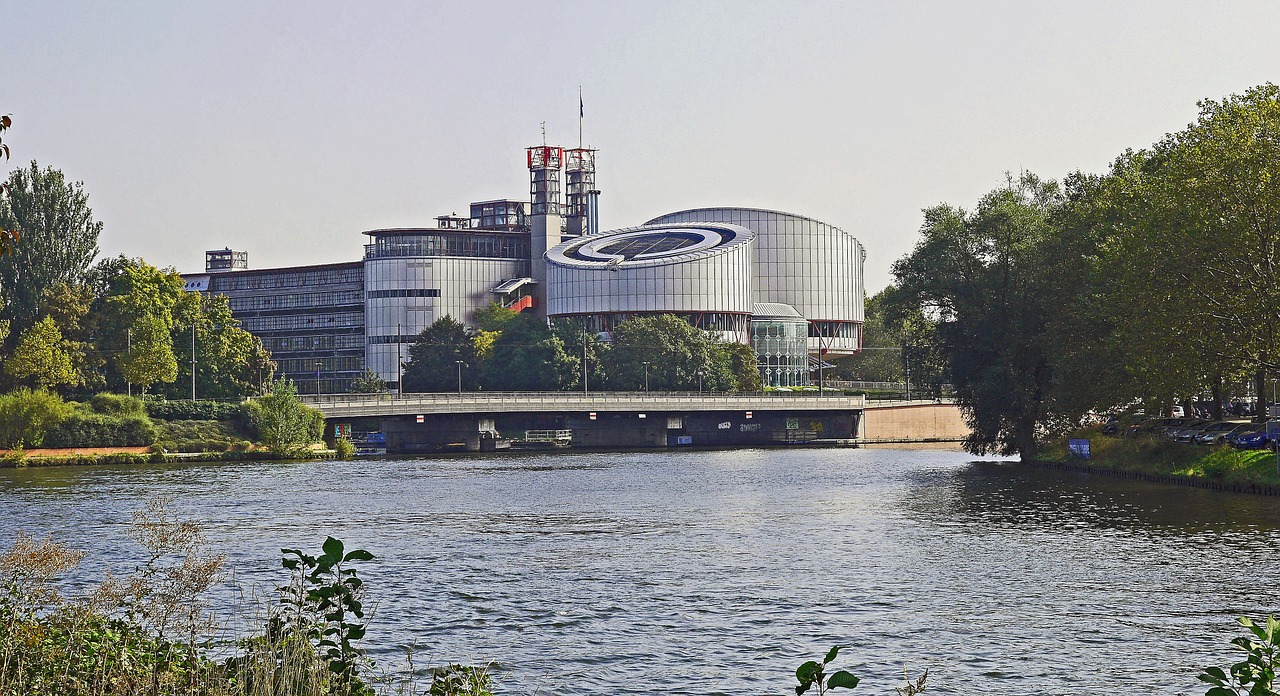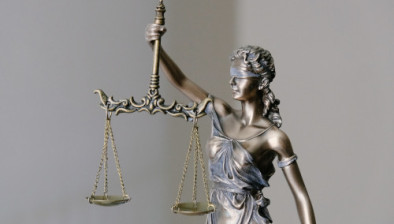ECtHR: UK did not violate right to free elections by failing to take stronger action on Russian intererence

The UK did not breach human rights laws by failing to take stronger action in response to allegations of Russian interference in the 2019 general election, the European Court of Human Rights (ECtHR) has ruled.
In yesterday’s Chamber judgment, judges in Strasbourg held unanimously that there had been no violation of Article 3 of Protocol No. 1 (right to free elections) to the European Convention on Human Rights.
The case was brought in 2022 by then MPs Ben Bradshaw, Caroline Lucas and Alyn Smith, in relation to the UK government’s response to reports of interference by Russia in the UK’s democratic processes, including the 2019 general election.
They contended that there were credible allegations that Russia had sought to interfere in the UK’s democratic processes, including the 2019 election, through, for example, the dissemination of disinformation and the running of influence campaigns.
The UK government had failed to fulfil its positive obligation to investigate those allegations and had not put in place an effective legal and institutional framework in order to protect against the risk of such interference, they argued.
In its judgment, the court found that, while states should not remain passive when faced with evidence that their democratic processes were under threat, they must be given considerable latitude in their choice of how to counter such threats.
In the court’s view, while there were undoubtedly shortcomings in the UK’s initial response to the reports of Russian election interference, there had been two thorough and independent investigations.
These were carried out by the House of Commons Digital, Culture, Media and Sport Committee (DCMS), which published a report on disinformation in February 2019 following an 18-month inquiry, and the Intelligence and Security Committee of Parliament (ISC), which conducted an inquiry in 2018 and produced a report which was sent to the prime minister in October 2019 and published in July 2020.
Following both investigations, the government took a number of legislative and operational measures to counter disinformation efforts and protect the democratic integrity of the UK, including the introduction of the Elections Act 2022, the National Security Act 2023 and the Online Safety Act 2023.
In the court’s view, the UK’s response to the threat of Russian election interference had not fallen outside its wide leeway in this area.
Any failings were therefore not sufficiently grave as to have impaired the very essence of the applicants’ right under Article 3 of Protocol No. 1 to benefit from elections held “under conditions which ensure the free expression of the opinion of the people”.









